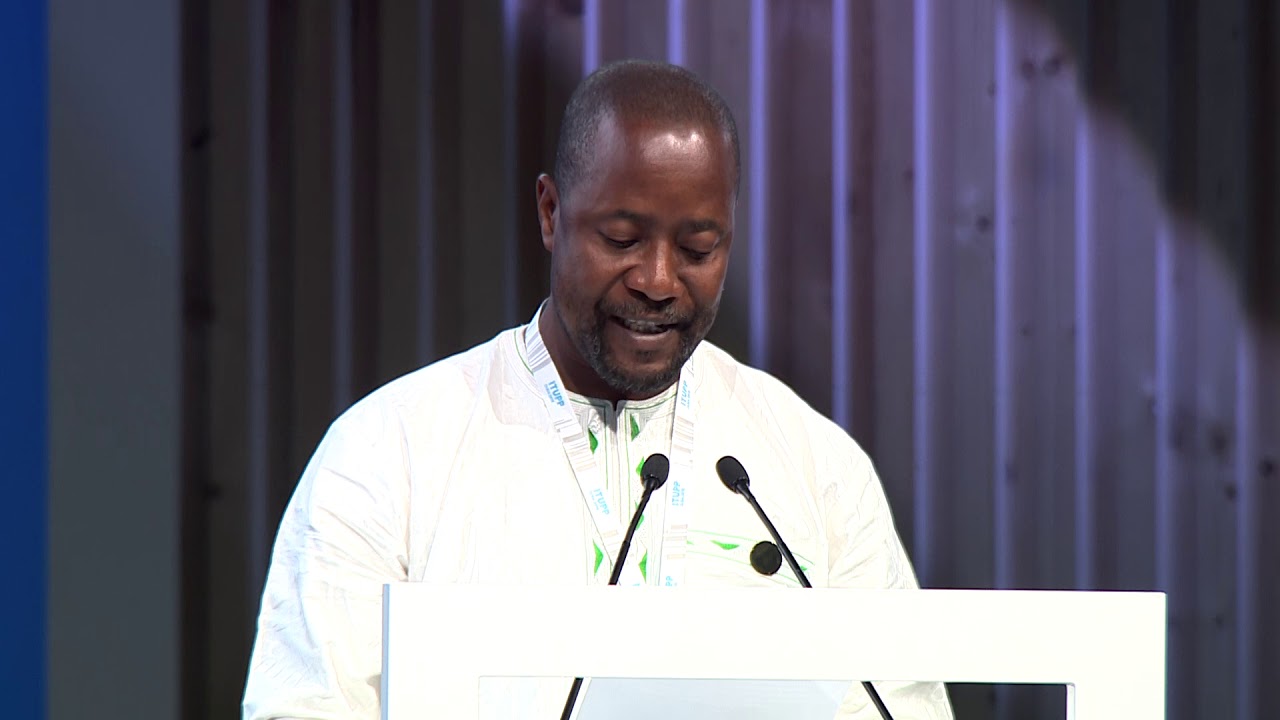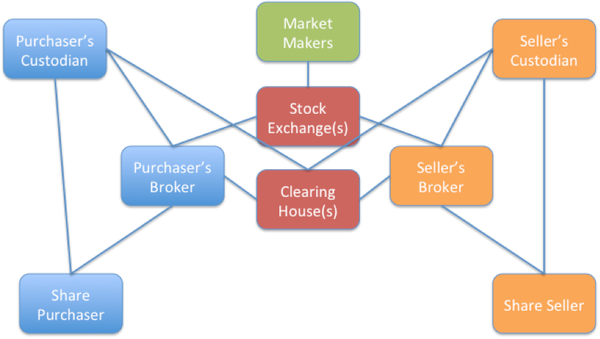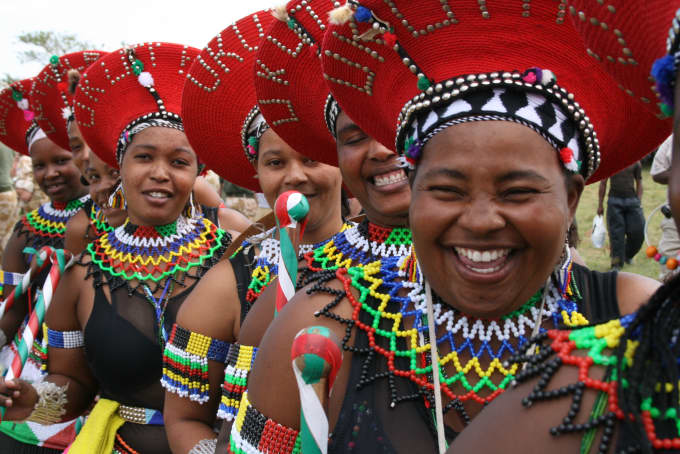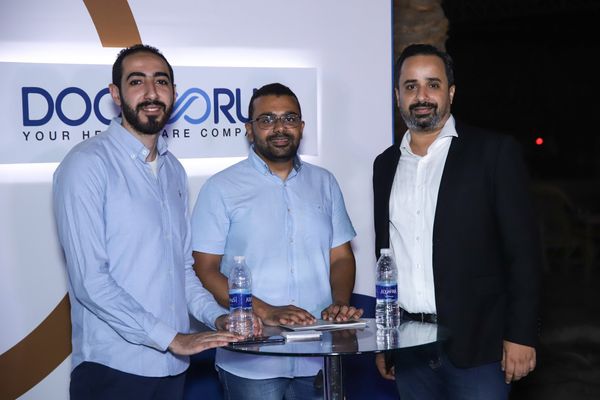Ethiopian Airlines Upgrades, Promises Awesome Passenger Experience
Ethiopian Airlines, Africa’s fastest growing airline and one of the world’s most profitable airlines has started series of upgrades aimed at giving passengers to top class experience. Operating at the forefront of technology, Ethiopian Airline with the tag line –The New Spirit of Africa- has become one of Ethiopia’s major industries and a veritable institution in Africa. The Airline has continued in its efforts to create regional hubs across Africa by making its Addis Ababa Bole International Airport hub one of Africa’s busiest, it has over time expanded to West Africa through its part ownership and cooperation with ASKY Airlines based in Togo, and Malawi Airlines in southern Africa.

Mr. Tewolde GebreMariam, group CEO, Ethiopian Airlines.
It is Africa’s most popular airline group commanding a lion’s share of the pan African network including the daily and double daily east-west flight across the continent. Currently, the Airline serves 100 international and 21 domestic destinations operating the newest and youngest fleet.In its seventy plus years of operation, Ethiopian has become the continent’s leading carrier, unrivalled in efficiency and operational success.
To this end, the Airline’s newest development has had passengers’ expectant as Ethiopian introduces onboard internet access with seamless reliable connectivity on its long haul flights on its brand new A350 fleet using the latest broadband satellite technology (Ka-band). According to Airline sources, with the state-of-the-art broadband satellite technology, passengers can rest assured that they will enjoy reliable connectivity for sending emails, shopping online or even chatting on social media while flying over the clouds.
Speaking on the development, the Group CEO of Ethiopian Airline, Mr. Tewolde GebreMariam, said that, “we are glad to introduce inflight internet connectivity with the latest broadband satellite technology, Ka-band, offering our passengers seamless digital experience as they fly Ethiopian”, he noted that the launch of the onboard wi-fi internet is part of Ethiopian Airline’s relentless efforts to further add to passengers’ comfort keeping pace with the technology of the day. He added that “as customer-centric airline, we will remain focused on continuous service excellence, taking advantage of emerging technologies and infrastructure.”
To access the new services, the Airline said that passengers can access the inflight connectivity service by purchasing vouchers at Ethiopian Airlines sales outlets including Addis Ababa International Airport customer service desk, boarding gate and cabin crews onboard the fights. Online sales through credit/debit card and ShebaMiles miles are also additional options for passengers to enjoy the service. The inflight WiFi can be accessed with smart phones, tablets and laptops.
Ethiopian fleet includes ultra-modern and environmentally friendly aircraft such as Airbus A350, Boeing 787-8, Boeing 787-9, Boeing 777-300ER, Boeing 777-200LR, Boeing 777-200 Freighter, Bombardier Q-400 double cabin with an average fleet age of five years. In fact, Ethiopian is the first airline in Africa to own and operate these aircraft. Ethiopian is currently implementing a 15-year strategic plan called Vision 2025 that led it to become the leading aviation group in Africa with Six business centers: Ethiopian International Services; Ethiopian Cargo & Logistics Services; Ethiopian MRO Services; Ethiopian Aviation Academy; Ethiopian ADD Hub Ground Services and Ethiopian Airports Services. Ethiopian is a multi-award-winning airline registering an average growth of 25 per cent in the past eight years.
Kelechi Deca

Kelechi Deca has over two decades of media experience, he has traveled to over 77 countries reporting on multilateral development institutions, international business, trade, travels, culture, and diplomacy. He is also a petrol head with in-depth knowledge of automobiles and the auto industry.






















